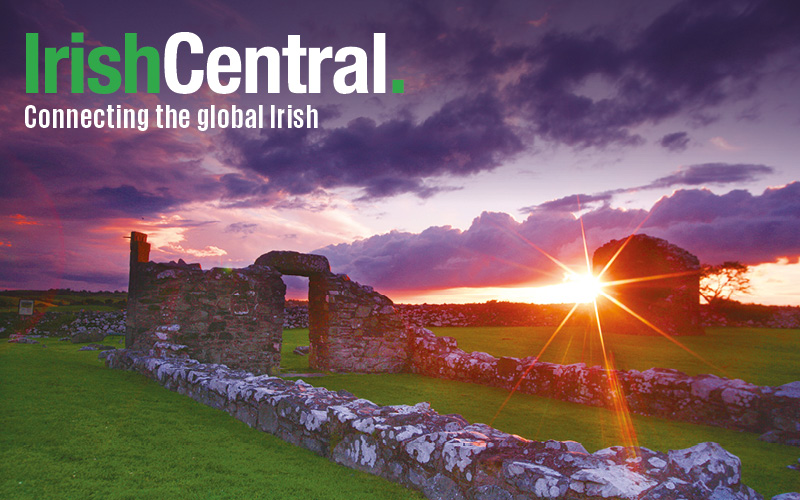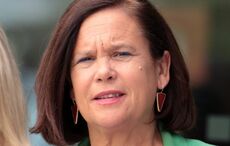TK Whitaker, who transformed the Irish economy from dependence on rural agriculture to a modern high growth, high-tech showcase, has died at age 100. In 2001, he was voted the Greatest Irish Person of the 20th Century.
Thomas Ken Whitaker was born in Rostrevor, County Down, and grew up in Drogheda, County Louth. He was among the top civil servants in Ireland for decades. During that time, he transformed the economic outlook, persuading political leaders to move away from tariffs, agricultural dependence, and to tackle emigration through providing skilled jobs.
Taoiseach (Prime Minister) Enda Kenny stated: "TK Whitaker changed life, lives and generations in Ireland. In the last decades, he more than any other person was responsible for transforming our economy and public life.
"He had a rare vision for our country and its future. He was a gentleman and patriot. Today, as a nation, we mourn the passing of this outstanding man. We celebrate and give thanks for his exemplary achievements on behalf of Ireland."
Saddened at the passing of TK Whitaker after a century. As the Father of modern Ireland we acknowledge his vision with appreciation. pic.twitter.com/bMayWsb24l
— Charlie Flanagan (@CharlieFlanagan) January 9, 2017
In 2001, when Whittaker was voted Ireland’s Greatest Person of the 20th Century, by public vote, he beat such luminaries as Eamon de Valera, Michael Collins and James Joyce.
He brought an end to the failed policy of protectionism and, working with Taoiseach Sean Lemass, opened up Irish markets and created the strategy of using the Industrial Development Agency (IDA) to attract foreign investment.
He is truly regarded as the father of the policy of major multinationals settling in Ireland because of favorable tax advantages.
He was just 39 years old when he was appointed Secretary General of the Department of Finance in 1956. He found the country in dire straits. Only two countries in Europe were losing population: Ireland and East Germany, where people were fleeing Communism. Ireland was devastated by emigration with small, uneconomic farms being the major source of livelihood.
As Fintan O’Toole pointed out in The Irish Times: “Between 1951 and 1956, 197,000 more people left than entered the country – a figure that seemed appalling at the time. By 1961, no more than half of all those born in Ireland in the 1930s were still living on the island.”
Whitaker diagnosed the problem in his groundbreaking document simply called “Economic Development.” He stated there was a “vicious circle . . . of increasing migration, resulting in a small domestic market depleted of initiative and skill and a reduced incentive.”
“The common talk among parents in the towns, as in rural Ireland, is of their children having to emigrate as soon as their education is completed in order to be sure of a reasonable livelihood.”
He always kept his eye on the ordinary man and was always able to couch his policies in language the ordinary person could understand.
On the occasion of his 99th birthday Whitaker stated what his mission had been:
“Let us remember that we are not seeking economic progress for purely materialistic reasons but because it makes possible relief of hardship and want, the establishment of a better social order, the raising of human dignity and, eventually, the participation of all…in the benefits, moral and cultural, as well as material, of spending their lives and bringing up their families in Ireland.”




Comments